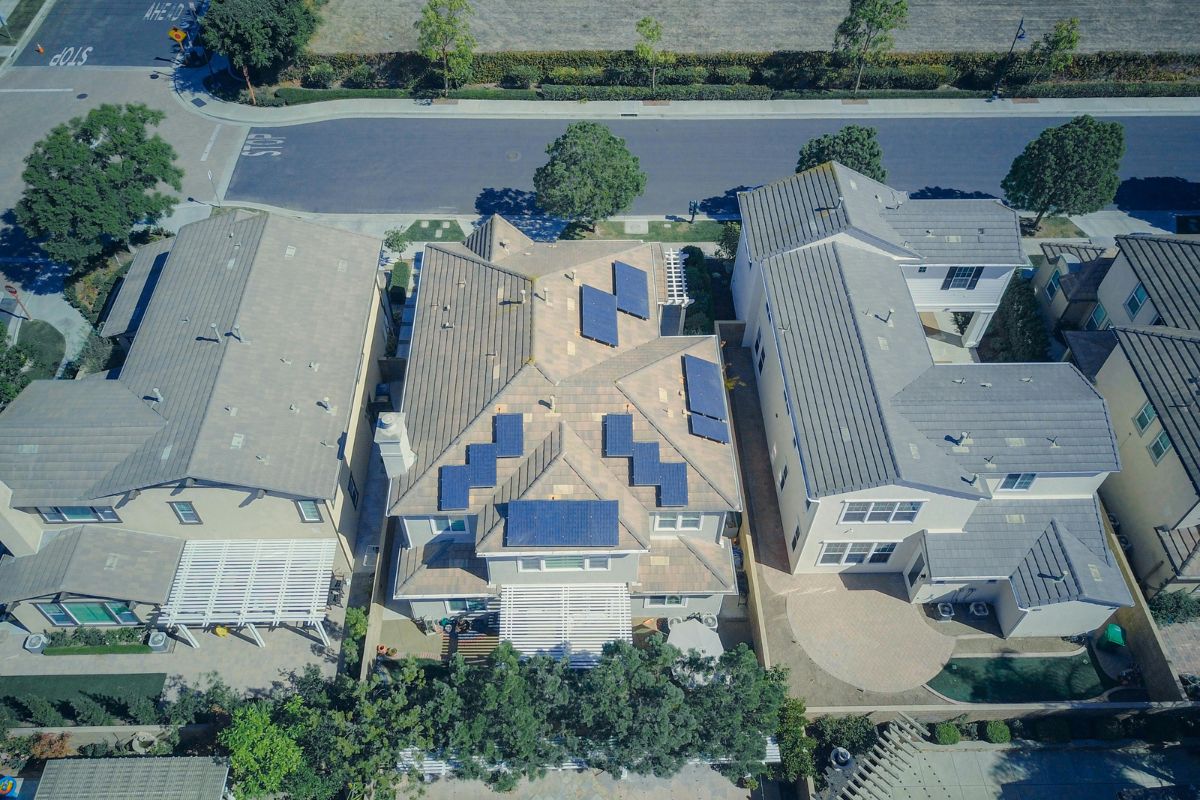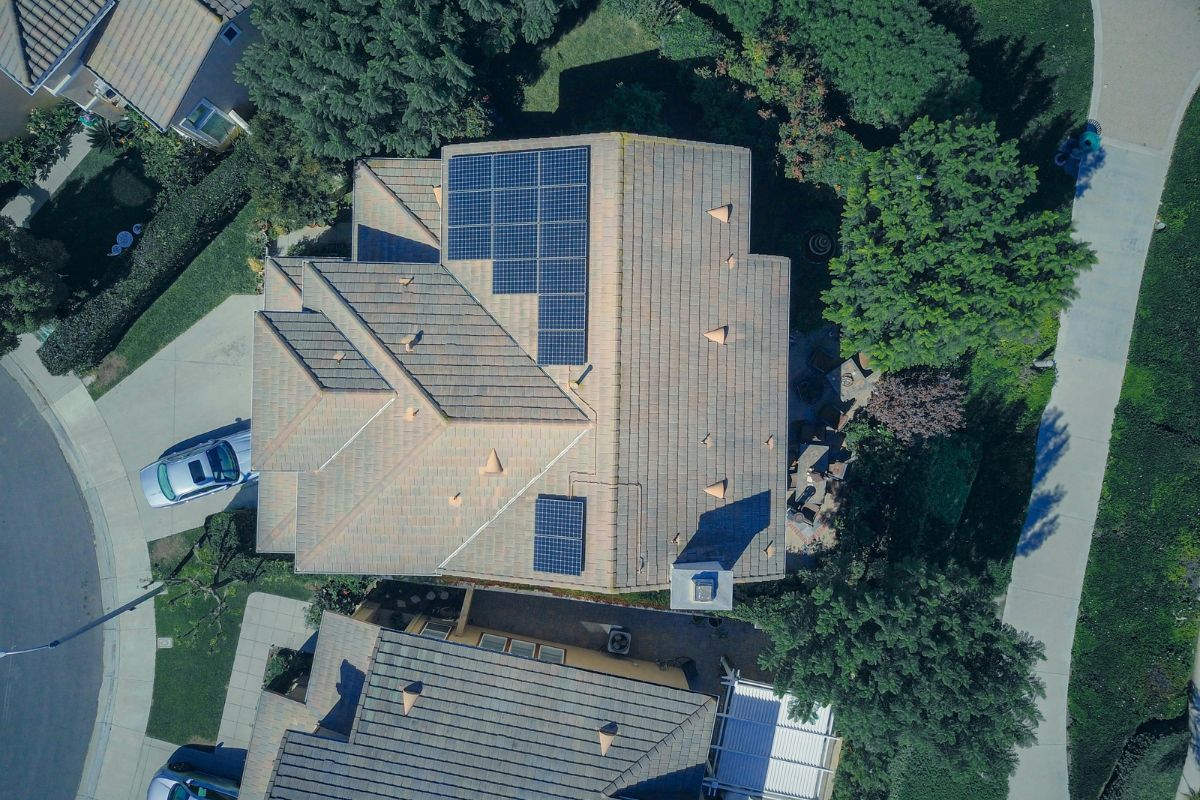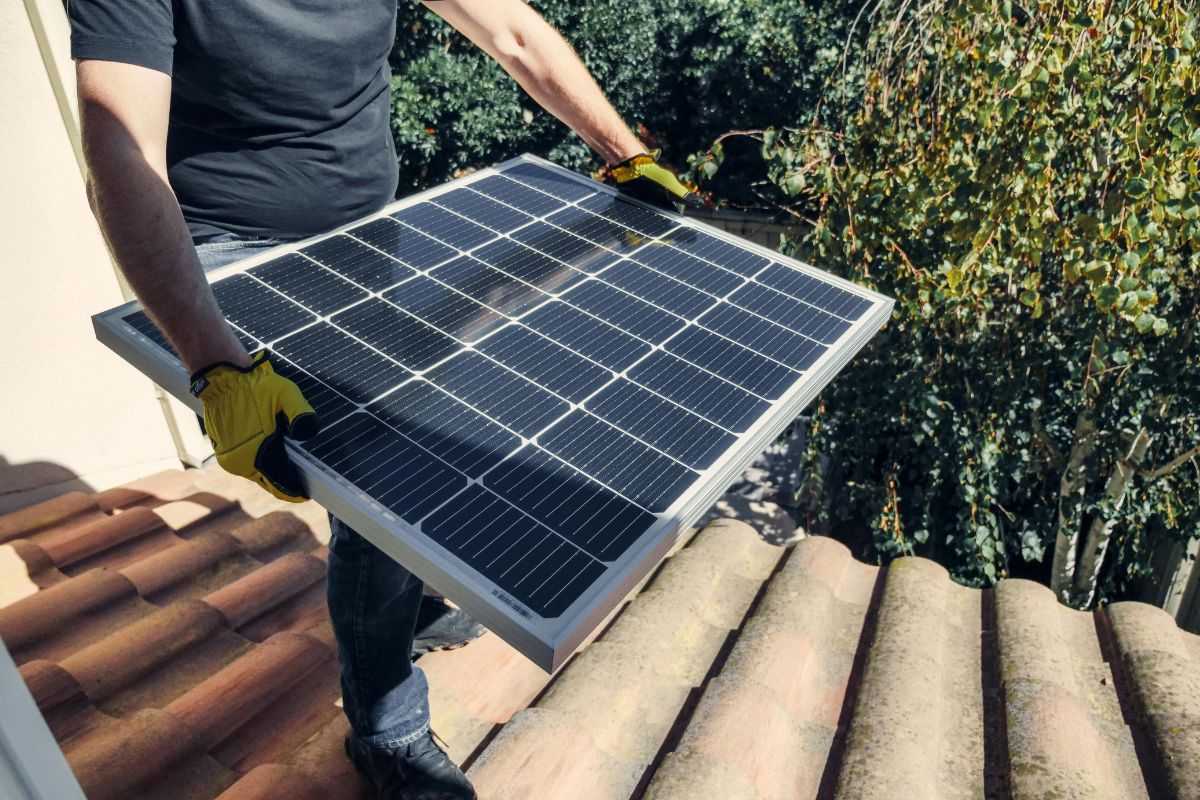
Can a house reduce more than 75% of its energy consumption thanks to Solar Energy?
In the ongoing quest for sustainable solutions, solar energy has become a fundamental pillar for reducing environmental impact and costs associated with energy consumption. In this article, we will explore the transformative potential of solar energy in the residential sphere, focusing on the possibility of achieving a significant reduction of 75% or more in a home’s energy consumption.
The increasing environmental awareness and the need to address climate change have led to a growing adoption of renewable energy sources. Solar energy stands out as an accessible and efficient option, and its integration into the residential sector promises substantial changes.
How Solar Panels Work: A Detailed Overview
Before delving into the magnitude of energy consumption reduction, it is essential to understand how solar panels function. These devices convert sunlight into electricity through the photovoltaic effect. The generated energy can be used directly in the home or stored for later use, thereby contributing to greater energy autonomy.
The Potential of Solar Energy Generation in Homes
Technological advancements in the efficiency of solar panels have allowed even areas with moderate levels of irradiation to harness this energy source to its fullest. With proper installation, it is possible to generate enough electricity to meet a home’s daily needs.

Can a house reduce more than 75% of its energy consumption thanks to Solar Energy?
Key Components of an Efficient Residential Solar Energy System
Achieving a 75% reduction in energy consumption not only depends on the installation of solar panels. It is crucial to understand additional components that contribute to the optimal functioning of a residential solar system. These include inverters, storage batteries, and monitoring systems, all of which play a vital role in maximizing efficiency.
Inverters: The Key to Efficient Energy Conversion
Inverters are essential for transforming the direct current generated by solar panels into alternating current, which is the form of electricity used in most homes. The choice of a high-quality inverter can make a difference in the overall system efficiency.

Can a house reduce more than 75% of its energy consumption thanks to Solar Energy?
Economic Benefits of Transitioning to Solar Energy
In addition to environmental benefits, transitioning to solar energy brings significant long-term economic savings. We will examine how the initial investment in solar system installation can translate into a considerable reduction in electricity bills and the potential for additional income by selling surplus energy back to the grid.
Return on Investment: Beyond Environmental Sustainability
While the initial investment may seem significant, the return on investment (ROI) over time is a compelling reason to consider solar energy. With advances in technology and government incentives, the ROI has become faster, making the transition to solar energy more accessible for homeowners.

Challenges and Considerations on the Path to Energy Efficiency
Although solar energy offers numerous benefits, it also faces significant challenges and considerations. From weather variability to the need for efficient storage, we will explore potential barriers and how to overcome them to ensure maximum performance and a reduction in energy consumption by more than 75%.
Climate Challenges: What Happens on Cloudy Days?
Dependence on sunlight poses challenges on cloudy days or during the night. However, with energy storage in batteries and intelligent management strategies, it is possible to mitigate these challenges and maintain a constant electricity supply.
Solar energy emerges as a viable and effective solution to significantly reduce energy consumption in homes. As technology continues to advance and installation costs decrease, the transition to a more sustainable and efficient home becomes more accessible to everyone. By adopting solar energy, we not only contribute to environmental preservation but also reap long-term economic benefits. The vision of self-sufficient and environmentally friendly homes is closer to becoming a tangible reality thanks to the transformative power of solar energy.


